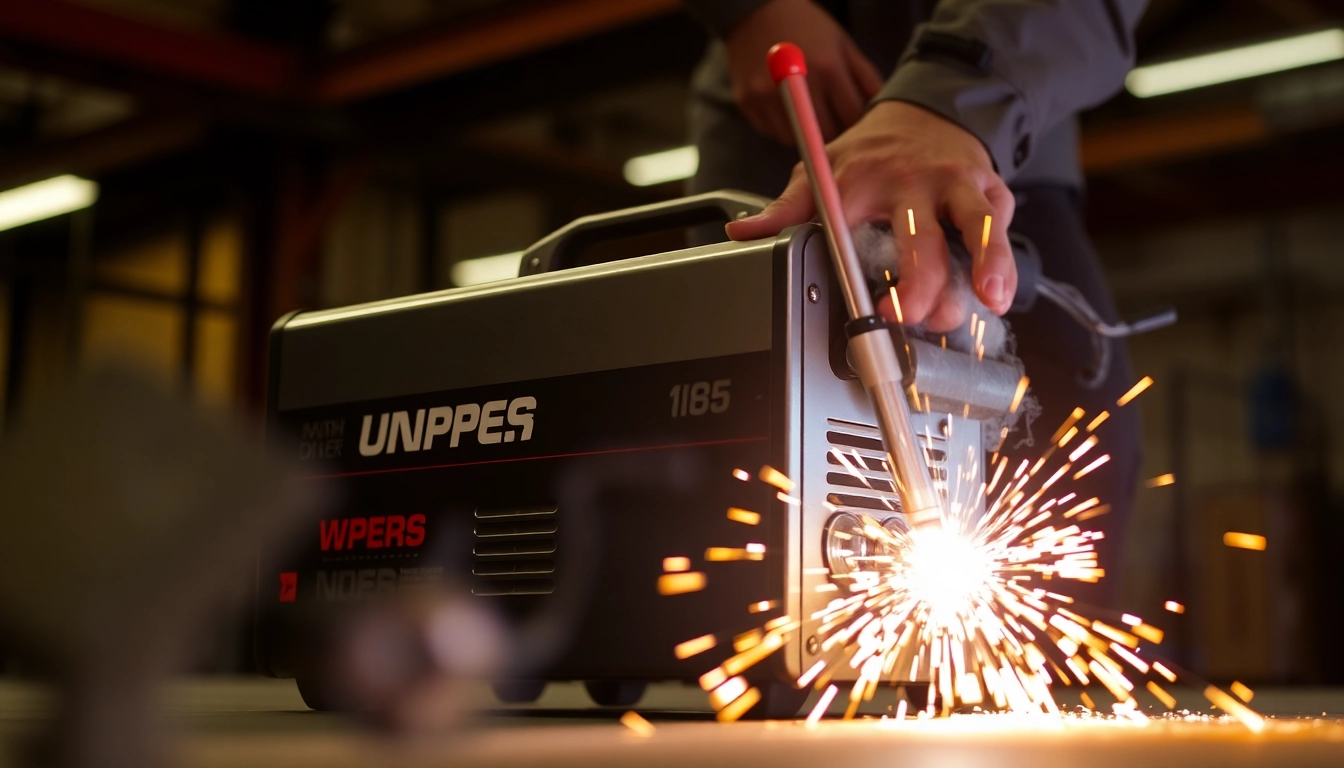Understanding Comprehensive Truck Diagnostic and Repair Services
In today’s fast-paced logistics and transportation industries, the importance of having reliable vehicles cannot be overstated. Trucks are the backbone of supply chains, and maintaining their optimal performance is essential for preventing disruptions. This is where comprehensive truck diagnostic and repair services come into play. These services not only ensure your trucks are roadworthy but also extend their lifespan and enhance overall efficiency.
What Are Truck Diagnostic Services?
Truck diagnostic services refer to a suite of assessments performed on vehicles to detect and help prevent potential issues before they escalate into costly repairs. Utilizing advanced technology and skilled technicians, these diagnostics include electronic scanning, physical inspections, and performance analyses. Each component of the truck, from the engine to the electrical system, is carefully evaluated to provide a comprehensive overview of the vehicle’s health.
Importance of Regular Repairs and Maintenance
Regular repairs and maintenance are crucial for the longevity and reliability of trucks. Preventative maintenance helps in identifying wear and tear early on, minimizing the risk of breakdowns. Studies show that proactive maintenance can significantly reduce operational costs, with businesses reporting savings upwards of 30% when comparing preventative approaches to reactive repairs. Moreover, a well-maintained truck typically has a higher resale value, making it a more lucrative asset for fleet operators.
Factors Influencing Repair Costs
Repair costs for trucks can vary widely based on several factors, including:
- Type of Repair: Major repairs like engine overhauls or transmission replacements tend to be more expensive than regular maintenance tasks such as oil changes or brake inspections.
- Labor Rates: Labor costs can differ significantly between regions and service providers, impacting the total cost of repairs.
- Parts Availability: The availability of parts can lead to fluctuating costs, especially for older models where parts may be rare.
- Service Provider Expertise: Specialized services may charge a premium for their expertise in diagnosing and fixing complex issues.
Key Components of Truck Diagnostics
Engine Diagnostics: Identifying Common Issues
Engine diagnostics play a critical role in ensuring that a truck’s engine operates efficiently. Mechanics utilize advanced diagnostic tools to read error codes from the vehicle’s electronic control unit (ECU). Common issues identified include:
- Ignition Problems: Misfiring engines, often caused by faulty spark plugs or ignition coils.
- Fuel System Issues: Clogged fuel filters or failing fuel pumps that can restrict fuel flow.
- Emissions Failures: Issues with exhaust systems that can cause unauthorized emissions, leading to legal repercussions.
Electrical System Checks for Optimal Performance
The electrical system is another crucial area that requires regular checks. Diagnostic tools assess battery health, wiring integrity, and functionality of electronic components. Issues might include:
- Battery Failure: A leading cause of unexpected truck outages that can be prevented with preventive testing.
- Faulty Sensors: Sensors that relay vital data to the ECU, impacting performance.
- Wiring Issues: Corroded or damaged wiring that affects the entire electrical system’s efficiency.
Preventative Maintenance Strategies
Preventative maintenance strategies play a pivotal role in keeping a truck in top condition. Some effective strategies include:
- Routine Inspections: Scheduling regular inspections to catch issues early.
- Fluid Checks: Regularly checking and changing oil, coolant, and other vital fluids.
- Scheduled Repairs: Implementing a clear schedule for repairs based on mileage or time to ensure nothing is overlooked.
Choosing the Right Repair Service Provider
Evaluating Services Offered
When selecting a truck repair service provider, it is essential to evaluate the range of services offered. Look for a shop that provides comprehensive diagnostics, routine maintenance, and emergency repair services. Assessing their capabilities ensures that all your truck repair needs can be met in one location, simplifying logistics and improving efficiency.
Customer Reviews and Recommendations
Customer feedback is invaluable when choosing a repair service. Online reviews and testimonials provide insight into the quality of service, responsiveness, and reliability of the provider. It’s prudent to pay attention to patterns in feedback that highlight strengths or recurring issues.
Certifications and Professional Experience
Certifications from recognized automotive organizations serve as a testament to a service provider’s competency. Additionally, professional experience plays a crucial role; a mechanic with extensive experience in specific truck models or brands will likely offer more informed and reliable service than one without that background.
The Role of Technology in Truck Repairs
Advanced Diagnostic Tools and Their Benefits
Technology has transformed how truck diagnostics and repairs are carried out. Advanced diagnostic tools like onboard diagnostic (OBD) scanners and digital multimeters enable mechanics to quickly and accurately diagnose issues. Benefits of these tools include:
- Precision: More accurate diagnostics lead to targeted repairs, minimizing wasted time and resources.
- Efficiency: Advanced tools can streamline the diagnostic process, leading to faster turnaround times.
- Data Analysis: Many modern diagnostic tools provide detailed reports, facilitating proactive maintenance planning.
The Future of Vehicle Maintenance Technology
The future of vehicle maintenance is geared towards even higher integration of technology. Forecasts suggest that features such as predictive analytics will soon become standard, allowing maintenance providers to anticipate issues based on driving patterns and vehicle performance data.
How Technology Enhances Repair Efficiency
Utilizing technology in the repair process enhances efficiency in several ways:
- Real-Time Monitoring: Sensors can provide real-time data on vehicle performance, enabling quicker responses to emerging issues.
- Digital Records: Maintaining digital records of service history allows for better planning and management of future maintenance needs.
- Remote Diagnostics: Many service providers are now offering remote diagnostic services, allowing issues to be identified without the truck needing to visit the shop.
Conclusion: Boosting Your Truck’s Performance
Recap of Comprehensive Truck Diagnostic Services
Comprehensive truck diagnostic services offer a breadth of value in ensuring your fleet remains operational and efficient. From engine checks to in-depth electrical assessments, understanding these services is vital for any fleet operator.
Long-term Benefits of Regular Maintenance
The long-term advantages of adhering to a rigorous maintenance regimen far outweigh the initial costs. Reduced emergency repairs, increased vehicle lifespan, and enhanced fuel efficiency all translate into significant savings for businesses.
Contacting Professionals for Expert Solutions
Ultimately, leveraging the expertise of professional repair services can make all the difference in maintaining a robust fleet. As the transportation industry continues to evolve, remaining informed about comprehensive diagnostic and repair options is crucial for success.



